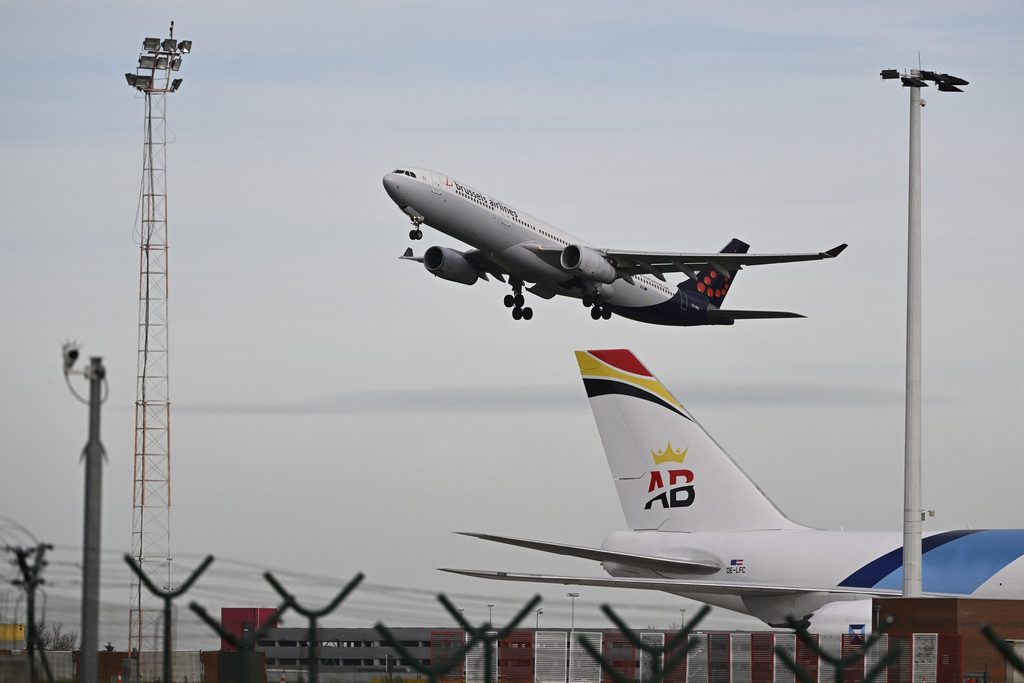With just eight months until Belgians cast their vote in the June 2024 general election, Prime Minister Alexander De Croo's Federal Government is finalising the federal budget in an effort to set the State's finances in order.
In a meeting on Tuesday of the Prime Minister, the five deputy Prime Ministers (among them Belgium's Minister of Finance Vincent Van Peteghem) and Belgium's State Secretary for the Budget Alexia Bertrand discussed tax proposals that aim to bring down Belgium's deficit.
Parties were divided as to exactly how much Belgium must raise to prevent digging deeper into debt; for green party Ecolo the figure is €830 million whilst liberal parties have cited €1.2 billion. Taking into account new exigencies, such as the pressure to resolve the issue of housing asylum seekers, and the need to uncover new sources of revenue is clear.
In a bid to use taxes as a lever to encourage more sustainable behaviour whilst at the same time bringing more revenue to the state, an additional tax on single-use plastics is under consideration. This would be of particular import within the fast food industry.
Yet the most attention-grabbing proposals deal with major industries: taxing high profits in the banking sector, raising tax on stocks and shares, and increasing tax on some consumer spending whilst introducing new taxes in some areas – most notably aviation.
The end of cheap flights?
The most elaborate suggestion discussed to improve the country's financial health addressed the issue of flying. Already since April 2022 Belgium has imposed a tax of €10 for flights of less than 500km. The new proposals might greatly expand on this logic.
Known to be by far the most polluting form of mass transport, ministers considered how additional charges could be applied to air travel that would go directly to the Belgian State. In details provided to La Libre, the Flemish Greens (Groen) clarified how taxes might vary according to ticket type:
- Economy class: €50 charge on flights under 500km; €10 for flights within Europe; €30 for flights outside Europe.
- Business class: €100 charge on flights under 500km; €20 for flights within Europe; €60 for flights outside Europe.
- First class and private jets: €500 charge on flights under 500km; €100 for flights within Europe; €300 for flights outside Europe.
Explaining the reasoning behind the proposed charges, Groen stated that they are justified by the fact that individuals and companies that can afford more expensive airline tickets should feel the burden of eco-taxes as a comparable expense to less wealthy passengers.
It would also help address the fact that flights in business and first class have a considerably greater carbon footprint since they take up more space, have heavier seats and associated materials, and are generally less efficient in order to augment comfort.
Division among the greens
If implemented, Groen calculates that these charges would generate €200 million for public finances. However, some members of the Federal Government are doubtful as to whether the taxes would be legally feasible.
Yet whilst Belgium's green parties would normally align behind proposals to protect the environment, the francophone Ecolo party was less enthusiastic about Groen's proposals, instead favouring a far less ambitious effort on the question of aviation: "Our suggestion is more simple; we should just do what is done by Belgium's neighbours."
These differences will be addressed in talks that will continue on Friday and the weekend. Prime Minister De Croo will announce budget changes next Tuesday 10 October.

